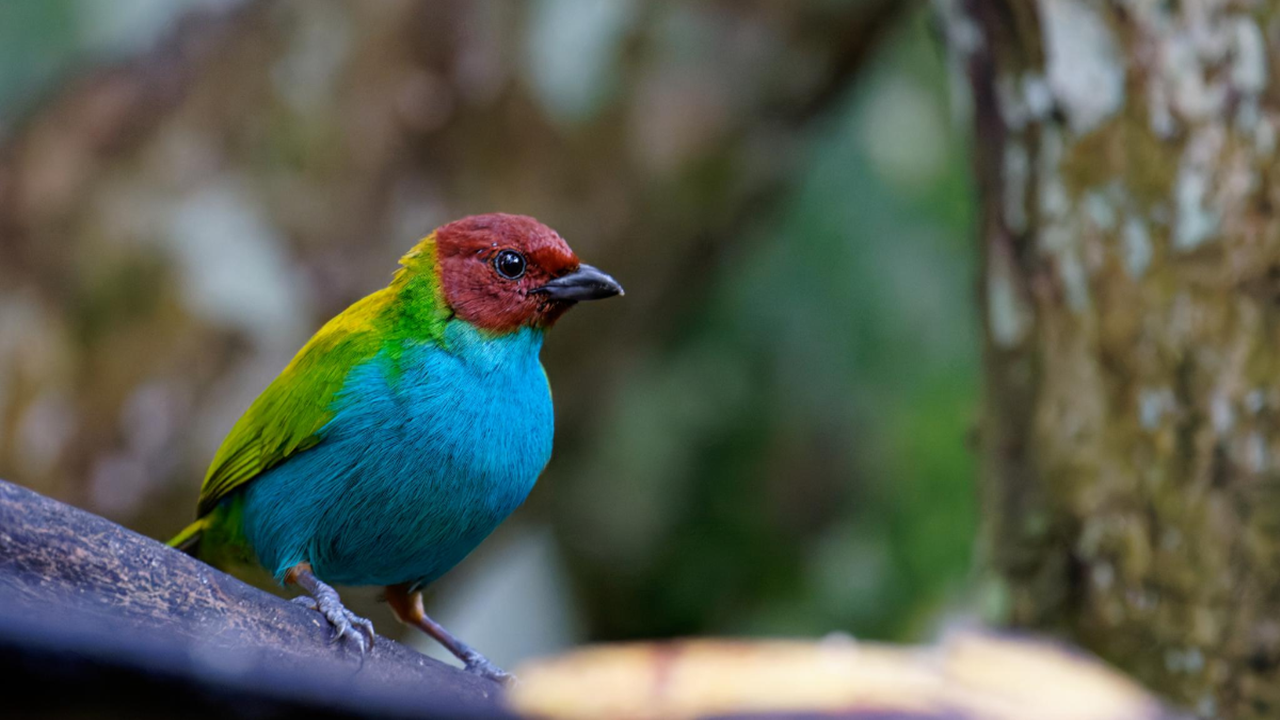NBA Disburses ₹3 Cr to AP Farmers for Red Sanders Under ABS Benefit Scheme
Red Sanders, endemic to the Eastern Ghats, is a slow-growing tree known for its deep red wood, prized in global markets for use in traditional medicine, high-end furniture, and musical instruments.

- Country:
- India
In a major boost to sustainable biodiversity conservation and community livelihoods, the National Biodiversity Authority (NBA) has disbursed ₹3 crore to 199 beneficiaries—including 198 farmers and one academic institution—as part of its Access and Benefit-Sharing (ABS) initiative under the Biological Diversity Act, 2002. The disbursement has been facilitated through the Andhra Pradesh State Biodiversity Board (APSBB) and primarily benefits cultivators of the highly valued Red Sanders (Pterocarpus santalinus) across four districts of Andhra Pradesh.
This initiative highlights the growing emphasis on rewarding local communities and institutions for their stewardship in conserving India's unique biodiversity. It also strengthens the NBA's goal of mainstreaming conservation-linked livelihoods, particularly for species that hold both ecological and commercial value.
Red Sanders: A Precious Endemic Species Now Generating Community Wealth
Red Sanders, endemic to the Eastern Ghats, is a slow-growing tree known for its deep red wood, prized in global markets for use in traditional medicine, high-end furniture, and musical instruments. Its rarity, high demand, and history of illegal trade have made it a species of both ecological and economic significance.
However, through the 2019 policy relaxation by the Directorate General of Foreign Trade (DGFT)—based on NBA's expert recommendations—export of cultivated Red Sanders was permitted, thus opening up legal, sustainable trade routes and offering a lucrative incentive for conservation.
Beneficiaries Across 48 Villages in Andhra Pradesh
The ABS-linked disbursement spans 48 villages in Chittoor, Nellore, Tirupati, and Cuddapah districts. Beneficiaries received amounts ranging from ₹33,000 to ₹22 lakh, determined by the volume of Red Sanders wood supplied to authorized users. Notably, many received returns exceeding the market sale value of the wood, underscoring the monetary advantages of participating in legal conservation trade mechanisms.
List of Villages Represented:
-
Chittoor District: Eguvareddy, Varipalle, Nallamanukaluva, Rallakuppam, Varathur, and more.
-
Nellore District: Thallapalli.
-
Tirupati District: Cherrlopally, Peddamallela, Vadamalapeta, Karuru, Sribaripuram, and others.
-
Cuddapah District: Chalivendula, Venkatampalli, Pullampet, Timmasamudram, among others.
This wide geographical spread reflects the deepening involvement of grassroots stakeholders in species-specific conservation models driven by the ABS framework.
Academic Inclusion and Research Support
In addition to farmers, the University of Andhra was also a beneficiary, showcasing that the NBA's ABS initiatives go beyond communities and extend to academic institutions actively involved in biodiversity research and conservation. This integrated approach fosters collaboration between local knowledge systems and formal scientific research, vital for long-term sustainability.
Building on Past Successes and Commitments
This latest disbursement is part of a larger series of benefit-sharing actions taken by NBA in recent years, including:
-
₹48 crore released to the Andhra Pradesh and Karnataka Forest Departments and APSBB for protection and conservation of Red Sanders.
-
₹55 lakh disbursed to farmers in Tamil Nadu for similar conservation-linked efforts.
Together, these initiatives illustrate a consistent and expanding commitment to biodiversity stewardship that rewards community participation and recognizes the rights of custodians of natural resources.
Expert Committee and Policy Framework
The origin of this initiative traces back to the Expert Committee on Red Sanders, formed by the NBA in 2015. The Committee developed a pioneering policy titled:
"Policy for Conservation, Sustainable Use, and Fair and Equitable Benefit Sharing Arising from the Utilisation of Red Sanders."
This policy became the foundation for regulatory and incentive-based actions, including DGFT's 2019 export relaxation, making Red Sanders a model species for demonstrating ABS in action.
A Model of Conservation-Driven Livelihoods
According to the NBA, this initiative serves as proof that biodiversity conservation can become a viable livelihood strategy. By legally recognizing the contributions of cultivators and rewarding them under ABS, the model fosters positive conservation behavior, increases community ownership, and ensures that biological resource providers are justly compensated.
Chairman of the NBA emphasized that such benefit-sharing measures are not just about financial rewards, but about fairness, sustainability, and ensuring local stakeholders are active partners in national and global conservation goals.
Path Ahead: Scaling and Replicating the ABS Model
With the success of the Red Sanders initiative, similar ABS-based frameworks are expected to be developed for other high-value species—including medicinal plants, wild edibles, and agro-biodiversity resources. The NBA, in collaboration with state biodiversity boards and local bodies, is planning to scale such efforts across different ecological zones of India.
This approach not only fulfills India's obligations under the Convention on Biological Diversity (CBD) and the Nagoya Protocol, but also places India as a global leader in implementing equitable, inclusive, and economically rewarding conservation strategies.









